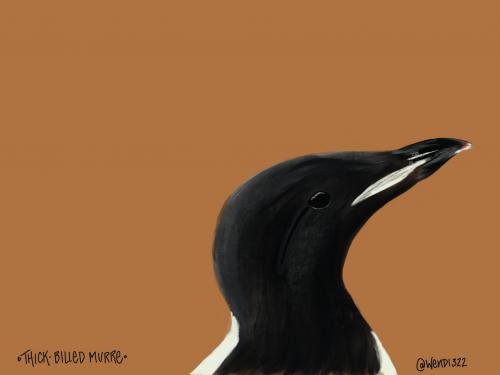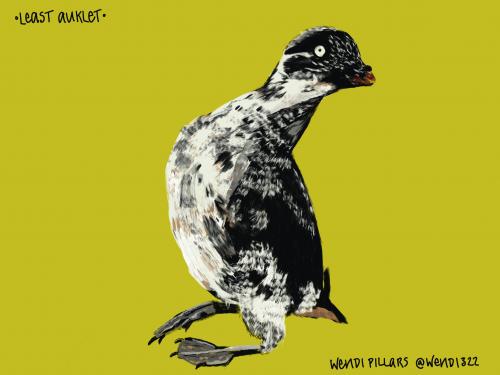Sifting through research
One of the ways I process information is through sketches or some sort of art, and for me, I could wax rhapsodic for days about the value of different means of expression for our students.
My hope is to create field sketches on a regular basis to document our findings and what I am learning in order to make the science even more accessible to others. (Not to mention to help me remember as much as possible!) Sketching can be time-consuming, however, so there may be mini sketches, pure field notes, or maybe even some field poetry. Bear with me as I learn to balance research duties with the time to document.
I also have my very first write-in-the-rain notebook, which should come in handy on the not-so-tropical isle.
For Scientists, Researchers, Explorers
If you are a researcher, scientist and/ or explorer, wondering how to share your work, please consider other formats than the verbal scientific article. Doing so adds depth and breadth to learning, and inspires questions, wonder, and curiosity in ways no one anticipates. Scientific articles can be so daunting, especially for students. Know that by opening a window into your processes, including preparation, packing, thinking, brainstorming, failures and the tiniest of successes, your work at every stage might be even more valuable than the final "Holy Grail" outcome.
Examples
Here are just a couple of examples (a "sneak beak", if you will) of how I synthesize my understanding, so be on the lookout for more in future posts. Sketching the birds has helped me become intimate with their details in a way that mere reading cannot do. Extracting the essence of copious amounts of written information into "simpler" sketches may look simple, but there is a process of decision-making, mental organization and connection-making that has to happen and it takes time.



What are some favorite ways you keep track of your learning? How do you learn best?
As a nod to the science of birds, what better way to provide a post synopsis than with a tweet? Most will conform to 140 characters or fewer rather than the longer ones. I also wonder which readers will be savvy enough to find--and contribute!--great bird puns?...
Today's Tweet
Dear Scientists, we want to know more about what you do. Explore, share, repeat. By any means possible. Educators will gladly help!


Comments